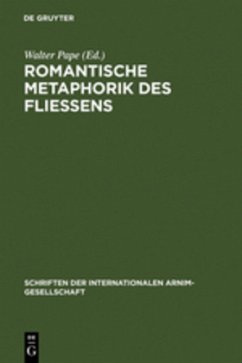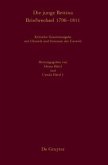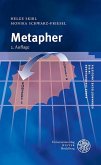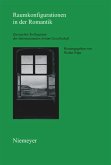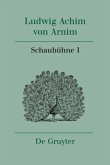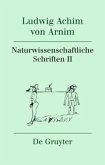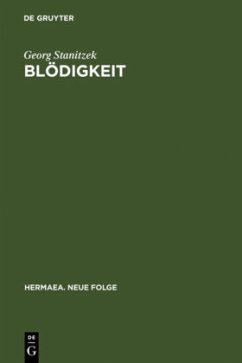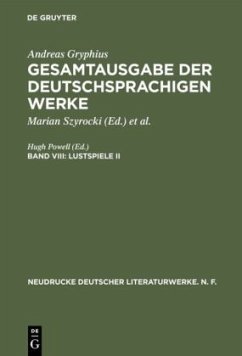River and stream as images of time and fate are as ancient as spring and stream as metaphors of inspiration and song. Processes of crossing and dissolving boundaries, of transmission and exchange are visualised in different images of fluidity. At the sixth Colloquium of the International Arnim Society held in Burg Schönburg (Oberwesel), the participants discussed this complex of images and metaphors, from the flowing Rhine via cash flows to the flow of a text and energy flows in the body â?? using too the context of â??Romantic Scienceâ?. Novalisâ?? conception of poetry as â??by its nature fluidâ? is opposed by Goetheâ??s lines â??Water drawn by bards whose
fame /Pure is, may be roundedâ?.
Fluss und Strom als Bilder der Zeit und des Schicksals sind ebenso alt wie Quelle und Strom als Metaphern der Inspiration und des Gesanges. Prozesse der Grenzüberschreitung und der Entgrenzung, der Vermittlung und des Austauschs werden in unterschiedlichen Bildern des Fließens veranschaulicht. Das sechste Kolloquium der
Internationalen Arnim-Gesellschaft auf der Burg Schönburg (Oberwesel) diskutierte dieses Bild- und Metaphernfeld vom fließenden Rhein über den Geldfluss bis hin zu den Text- und Körperströmen, auch im Kontext der "romantischen Naturwissenschaft". Novalis' Vorstellung der Poesie als "von Natur flüssig" steht Goethes "Schöpft des Dichters reine Hand, / Wasser wird sich ballen" gegenüber.
fame /Pure is, may be roundedâ?.
Fluss und Strom als Bilder der Zeit und des Schicksals sind ebenso alt wie Quelle und Strom als Metaphern der Inspiration und des Gesanges. Prozesse der Grenzüberschreitung und der Entgrenzung, der Vermittlung und des Austauschs werden in unterschiedlichen Bildern des Fließens veranschaulicht. Das sechste Kolloquium der
Internationalen Arnim-Gesellschaft auf der Burg Schönburg (Oberwesel) diskutierte dieses Bild- und Metaphernfeld vom fließenden Rhein über den Geldfluss bis hin zu den Text- und Körperströmen, auch im Kontext der "romantischen Naturwissenschaft". Novalis' Vorstellung der Poesie als "von Natur flüssig" steht Goethes "Schöpft des Dichters reine Hand, / Wasser wird sich ballen" gegenüber.

